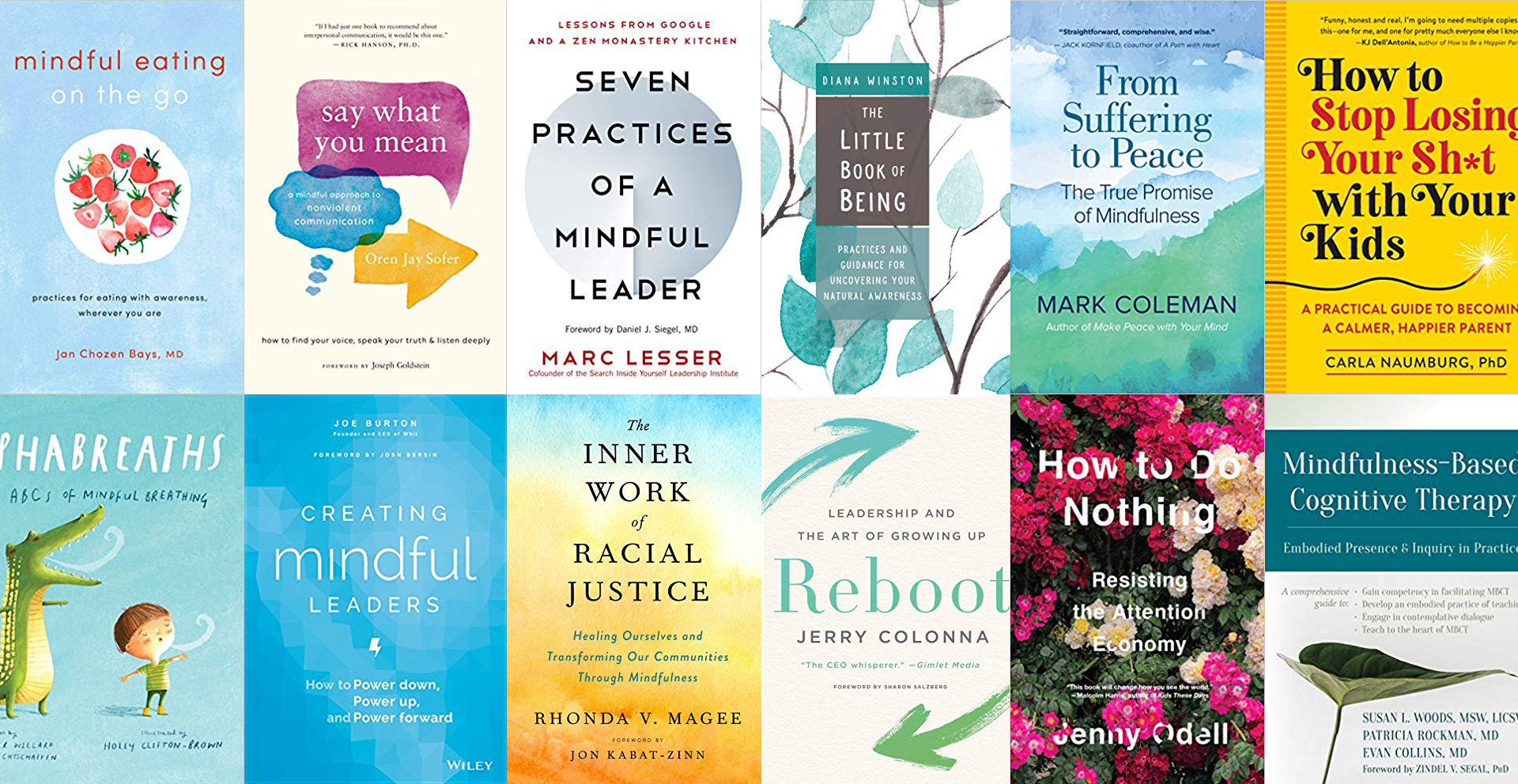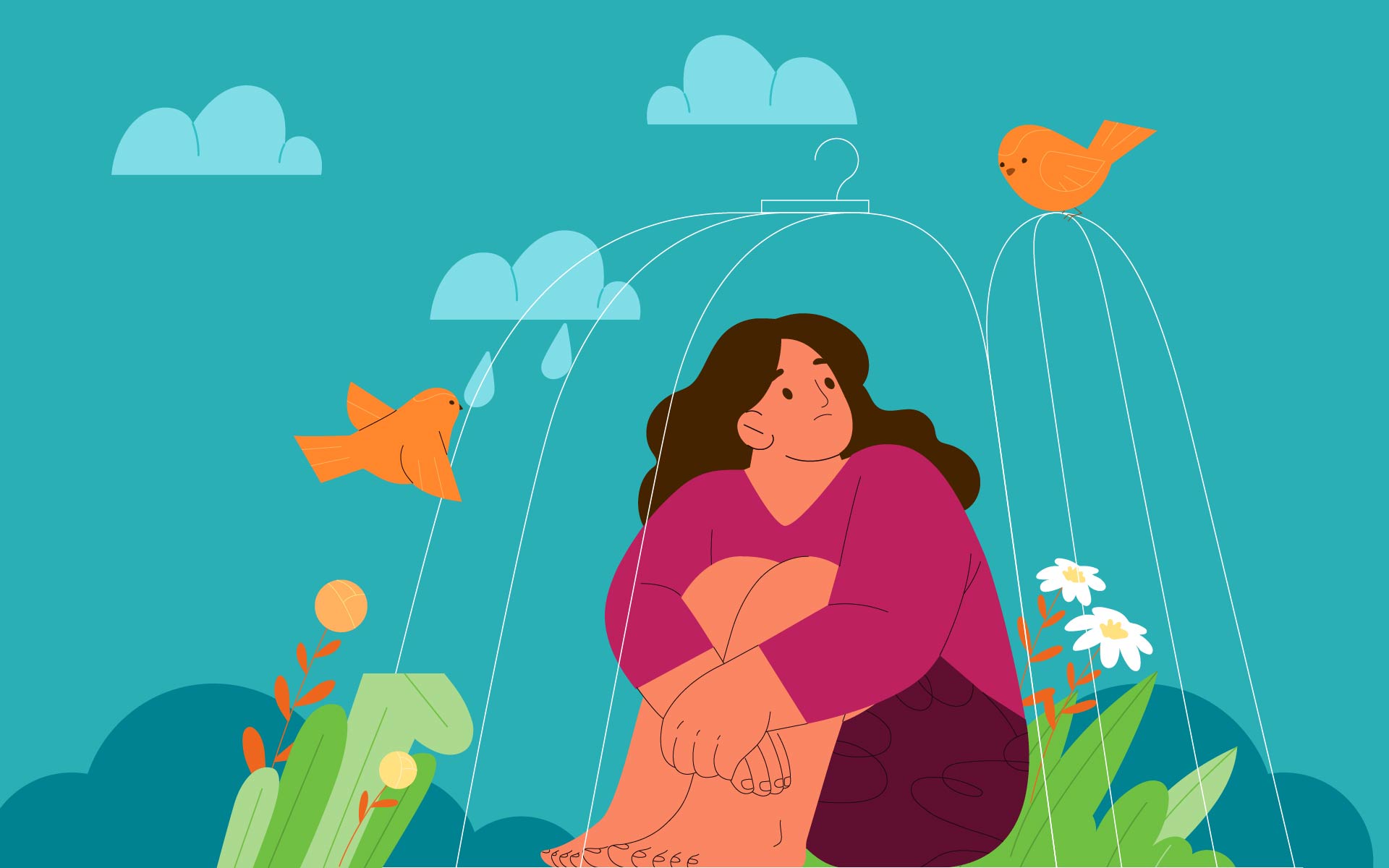
1) PERMISSION TO FEEL:
Unlocking the Power of Emotions to Help Our Kids, Ourselves, and Our Society Thrive
Marc Brackett • Celadon Books
Brackett—founding director of the Yale Center for Emotional Intelligence—came to this work with a mission born from his own experience of bullying and sexual assault, which he discusses poignantly in Permission to Feel. Before we learn his story, however, Brackett paints a vivid picture of why emotions matter so much for public health and education. Incidents of bullying and harassment in US K-12 schools doubled each year between 2015 and 2017; 46% of teachers report high daily stress; from 2016-2017, one in three students across 196 US colleges reported diagnosed mental health conditions; a quarter of US children between 13 and 18 suffer from anxiety disorders; and by 2030, mental health problems could cost the global economy up to $16 trillion. When our children learn unhealthy responses to emotion, tangible results ripple through families, schools, communities, and society. That’s the diagnosis.
Brackett’s prescription—as researched, taught, and advocated for at the Yale center—begins with a very simple question: How are you feeling? If the response is avoidance or lying, if no one is interested in our genuine answer, we’re almost certain to suffer, and that suffering will spread. Instead, Brackett recommends the RULER method: Recognizing emotions in oneself and others; Understanding the causes and consequences; Labeling emotions precisely; Expressing emotions, taking context and culture into consideration; and Regulating effectively. The book expands on this method and how it’s used for both adults and children. (In schools, RULER works with the adults before taking it to students.) Permission to Feel is an inspiring book with a timely message, not only for each of us, but for the organizations and institutions that model how we are supposed to carry ourselves.

2) THE HEALTHY DEVIANT:
A Rule-Breaker’s Guide to Being Healthy in an Unhealthy World
Pilar Gerasimo • North Atlantic Books
“You have to make all kinds of inconvenient and unpopular choices. You have to become a sort of renegade freak—or at least be willing to think and act like one some of the time.” So advises Pilar Gerasimo, founding editor of Experience Life magazine. After nearly two decades studying and writing about human health, Gerasimo has developed a truly healthy skepticism toward the trendy extremes, like weight-loss diets and punishing exercise, as well as the toxic combination of junk food, busy-ness, and endless stress. She affirms that despite this “Unhealthy Default Reality,” we can all improve our well-being—and tuning into our own bodies is the most important step.

3) MINDFULNESS:
Ancient Wisdom Meets Modern Psychology
Christina Feldman and Willem Kuyken • Guilford
In this book, two UK mindfulness experts—Feldman (a leading teacher in the Insight Meditation Community) and Kuyken (director of the Oxford Mindfulness Centre)—try to create bridges between Buddhist psychological understanding and contemporary science and psychology. It’s a highly detailed exploration of the many elements of mindfulness, both the human capability and the practice, that demonstrates that while much of what is taught as mindfulness these days developed within Buddhism, it is not religious in nature and does not require Buddhism to yield benefit. The book provides an extremely rich resource for those who teach mindfulness or want to learn more about it in-depth, including many practices, helpful illustrations, and scientific discussions and references.

4) A PRIMER FOR FORGETTING:
Getting Past the Past
Lewis Hyde • Farrar, Straus, and Giroux
Being able to remember things is one of our most highly praised virtues. It’s inculcated in us from our earliest years. When someone simply can’t remember or we find ourselves forgetting, we’re likely to denigrate, to fear deterioration. But in this lovely and strange little book, Hyde sings the praises of forgetfulness. Could there be freedom in loosening our obsession with remembering? What will we discover when we forget something about ourselves or others we deemed so vital? We may discover something fresh and born anew. Hyde draws on countless snippets of material spanning thousands of years to open our minds to the possible joys of letting memories drift away.

5) WE ARE THE LUCKIEST:
The Surprising Magic of a Sober Life
Laura McKowen • New World Library
Early on in her recovery from alcoholism, Laura McKowen reached a powerful conclusion: Building her sober life didn’t mean cutting herself off from life’s freedom and joy. Rather, it was an invitation to be present with everything she’d been running from. To get close to the pain (debt, work, being unwillingly single, feeling isolated), as well as delight (self-expression, fulfilling relationships, seeing her daughter thrive). Healing means first accepting these things as they are, an ongoing process McKowen records in this timely, defiant, and beautifully written memoir. Sobriety becomes possible “not because I was committed to forever, but because I finally realized the future was built on a bunch of nows, and that was it.” Imbued with emotional honesty and hope, We Are the Luckiest urges a gentle curiosity and self-compassion for even our darkest places.
Three New Mindfulness Podcast Episode Reviews
1) Mindful Men Talk
Episode: Steve—Anxiety & Beyond
Steve: Anxiety & Beyond
Taking an interest in your own emotional wellness is, for many men, greatly discouraged by societal expectations to be tough, invulnerable, self-sufficient. “We don’t let people know we may be searching,” explains Steve, who’s a mindfulness coach in Surrey, UK. Topics like stress, grief, sexuality, and overcoming stigma are the lens through which he and James approach Mindful Men Talk. “The fact you are taking notice” and addressing a mental health struggle, says Steve, isn’t a weakness: “It shows great strength.” Their podcast aims to expand the space for men to be open about their mental health.
2) To the Best of Our Knowledge
Episode: How to Be an Ethical Traveler
This episode, a collab with AFAR magazine, offers a variety of thoughtful suggestions for your next trip—from purchasing carbon offsets to creating your own “traveler’s code of ethics.” Editor Dave Eggers reflects that such a code can focus on learning from your new surroundings, “tossing out everything you think you know and being a completely open book.” A mindful approach can also inform how we choose to carry material privilege in poorer regions. Professor Anu Taranath notes that we transform feelings of discomfort or guilt when we reflect: “What does it mean for me to lead an intentional life, knowing that I have more? How do I want to use what I have? Giving or not giving… isn’t a quick, transactional thing, but part of a larger ethos of how we live.”
3) The Happiness Lab with Dr. Laurie Santos
Episode: Make ’Em Laugh
Does the “chameleon effect” have something to do with vanishing into one’s surroundings? Well, sort of: It’s the fact that we unconsciously mimic the physical posture, mannerisms, even the moods, of those around us. As Dr. Laurie details, there are lots of ways this gets exploited—from TV’s canned laughter to the manipulative algorithms of our Facebook feeds. But you can create a positive mood spiral instead by noting how a situation affects you (Ah, I have Twitter-argument jitters) and regulating your emotions.
Read More
The Best Mindfulness Books of 2019
The Mindful Editors look back on their favourite books from this year, covering diverse topics such as mindful communication, racial justice, and simply being.
Read More
The Best Podcast Episodes of 2019
Explore the podcasts that resonated with us this year—from working with attention and focus, to the importance of reading deeply.
Read More









